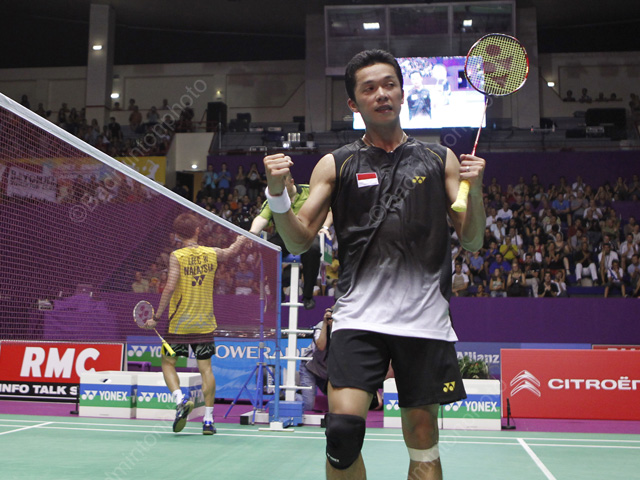
“Well, people only see about the negative sides when I lost. But for me personally, I feel much better and feel more positive about life and the way I play ever since getting married and having a child.” – Taufik Hidayat, Olympic champion, in response to whether starting a family affected his career
No offense to adidas, but if you are a professional athlete who identifies with the ‘adidas’ acronym – all day i dream about sports – perhaps you may need therapy.
For a sport as intense as badminton is, all practitioners involved in the sport will agree that focus is an essential ingredient to sporting success. I do not disagree, however, two questions I’d like to probe and subsequently address in this article – especially within the context of setbacks recovery and rehabilitation – are first, ‘What are you focussing on?’, and next, ‘Is being less than 100% focussed really bad?’
By Jan Lin. Photos: Badmintonphoto
Distraction is a huge taboo in sports – rightly so.
But what is worse than being distracted or struggling to stay focussed, is focussing on the “wrong” things. This is most apparent when athletes go through a difficult period of setbacks – it ranges from a bad loss or a losing streak, to an injury – and having to re-find the confidence to stay competitive in sport. In this recovery and rehabilitation process, the ability to ‘distract’ oneself from one’s ‘goals’ is crucial.
I’ve used ‘goals’ very, very loosely because in my experience interviewing and working with athletes, I’ve noticed that ‘goals’ is often only understood as ‘career achievements’. Yet, athletes set themselves up for failure when their goal-setting comprises only these “outcome goals” and neglect what is in fact of far more importance – “process goals”. These are a lot more measurable and adjustable.
Many athletes start the year setting goals such as winning certain titles – there’s nothing wrong with that but the question is how, and identifying the pathway to these titles, and if you end the year without winning any, does it mean you have failed? Hear, in every tournament or game there can only be one winner. Where does that leave the other contenders who have set the same goal to win it too?
Are we missing something? Sure, the media and the public only remember the winners but there is a danger in losing yourself when satisfying or answering to the public’s demands becomes a paralyzing concern. And thus, athletes who peak young have more to lose, and there is a definite place for late-bloomers in sports. Winning a world junior title is not necessarily predictive of future senior success.
Research shows that devastation (shock and emptiness), feeling dispirited (apathetic and unmotivated), feeling cheated (despair) and restlessness (agitation) are common emotions athletes face in the wake of failing to attain their goals due to setbacks. Athletes typically anticipate the next tournament to ‘right the wrong’ but if these negative emotions are not first dealt with at the root, history is set up for repeat.
Even if an athlete manages to find success after a dry spell or an injury, research also suggests that the process of confidence restoration takes around 6 weeks following a successful return to competitive performance. So it is unrealistic to expect shuttlers who manage to re-find success after a dry spell or injury to also repeat a success within just a couple of weeks. Restoring confidence is a process.
The current badminton tour, with back-to-back Super Series within a fortnight, is arguably not optimal for the mental game of the sport, or at least it makes the sport a whole lot more mentally and emotionally exhausting. More so, if one has gone into the tournaments without setting tangible process and performance goals to assess one’s performance beyond simply the outcome of winning or losing their match.
Humans are logical creatures. Just ‘feeling’ there is improvement even in a defeat can be false optimism at best. There need to be tangible measures, especially in the grand scheme of the athlete’s development, that can take the focus off a bad setback and allow the athlete to begin dealing with the negative emotions. Coaches and athletes have to be more sophisticated in the goal-setting process allowing for realistic goal adjustment.
Once goals are adjusted, restoring confidence takes a mixture of finding success in smaller competitions, spending time with people who are able to offer verbal encouragement (and ‘abstain’ from negative people), being proactive in dealing with negative emotions (knowing where your emotional support is and what makes you happy), and (re)visualising success e.g. watching tapes of one’s own or others’ previous successful performances.
In cases of prolonged setbacks and injuries eventually leading to disillusionment or pent-up frustration, athletes are encouraged to take time and focus off sport. Taking time or focus off sport is not about going on a vacation! It’s about locating meaningful ‘distractions’ that develop an athlete into a more holistic individual, in such, one’s sense of commitment, achievement or success isn’t accumulated into one ‘identity’ (i.e. an athlete).
Marriage (barring marital affairs) and parenting, for example, have seen to work in favour of an athlete’s longevity of success in modern day sports, by offering athletes with an ‘alternate’ identity that negate some negative emotions such as ‘emptiness’ should an athlete face a setback. Tennis ace Kim Clijsters’ successful comeback after motherhood brings a new meaning to balancing sport and family.
There is a fear-perpetuating myth that anything less than a 100% focus in sport hinders performance. In fact, the ability to balance multiple ‘roles’ well can serve to take one’s focus away from the fear of failure and developing greater capacity. Identifying positive distractions can serve well as a setback preventive measure. In the end, in sports and in life, the more we want control, the more we tend to lose it.
References:
Bandura, A. (1977). Self-efficacy: Toward a unifying theory of behavioral change. Psychological Review, 84, 191-215
Evans L, Hardy l, Mitchell I, Rees T. (2008). The Development of a Measure of Psychological Responses to Injury. Journal of Sport Rehabilitation, 16, 21-37
Related Article: Just how good are you at losing?
Jan is a young sports psychologist currently based in Singapore. Once a competitive youth athlete, she hung up her racket after winning university colours to pursue her other dreams. Contributing her insights on Badzine is her way of giving back to the sport that has taught her a plethora of life lessons that she wouldn’t trade for anything. Any questions, do get in touch with Jan via email or leave a comment below.

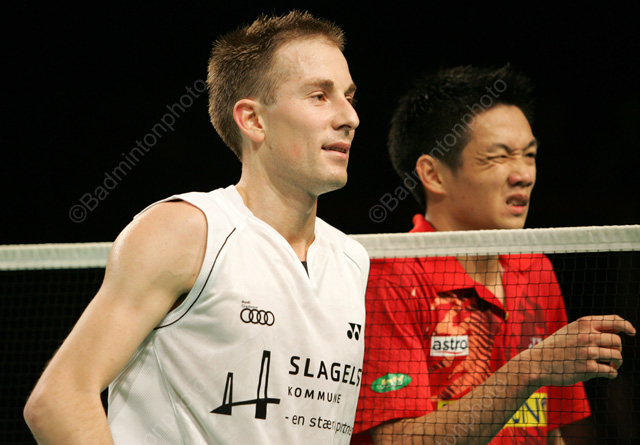
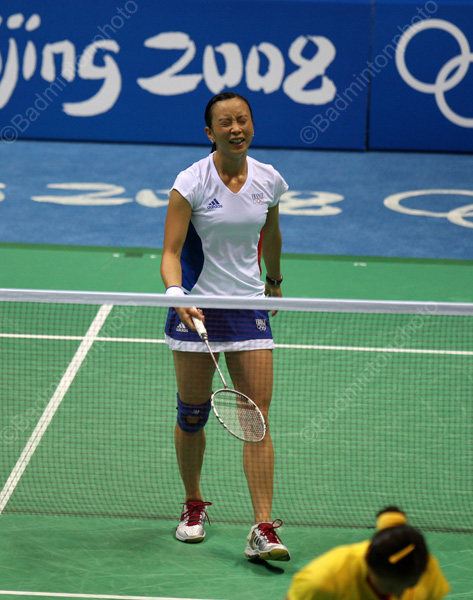
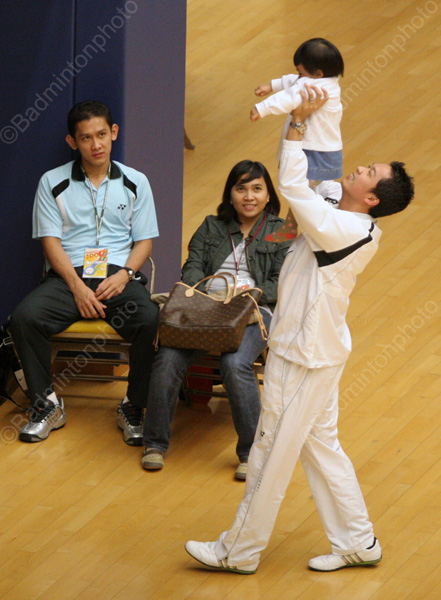

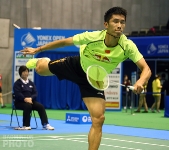
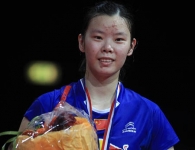

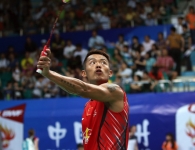
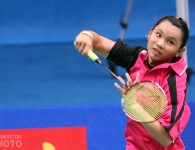
Leave a Reply